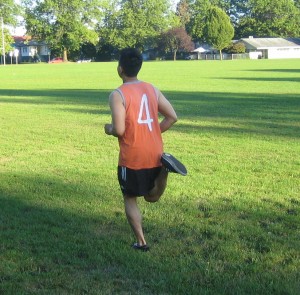The Achilles tendon is responsible for connecting the main muscles in the foot for movement and power. Once the Achilles muscle becomes inflamed, the movement of the individual is drastically affected which makes walking difficult. Injury can occur from stress-related or from sports or an increase in the exercise regimen. Regardless of the cause, immediate treatment must be started such as rest, application of ice and over-the-counter medications. These must be done right away in order to restore the overall functioning of the Achilles tendon. If you want to learn more about these measures and how to achieve the best results, read here.
Application of ice
You have to apply an ice pack over the swollen Achilles tendon to help reduce the swelling and numb the pain. You can utilize a ready-made icepack or simply create your own by placing several pieces of ice in a plastic bag or washcloth. A bag of frozen vegetables can also be used. Place the ice pack on for several minutes but not too long since this can damage the nerves. In most cases, the treatment using an ice pack is carried out at 20-minutes at several times in a day.

Medications
Certain medications can help reduce the pain triggered by a swollen Achilles tendon. The over-the-counter medications that are usually utilized in the treatment include NSAIDs are readily accessible and can help minimize the swelling. These medications must not be taken for long periods since it can cause certain side effects such as stomach pain as well as ulcer and kidney issues. If you are in doubt, it is best to consult a doctor for the appropriate medications to use.
Adequate rest and application of compression wraps
A simple remedy for managing an inflamed Achilles tendon is to instruct the individual to take some time to rest. Always bear in mind that rest is vital for recovery and promotes healing of the affected tissues. Nevertheless, the individual should not stay too long in bed. The usual activities that do not add stress on the injury or poses as a risk for further damage are acceptable and must be continued. Additionally, the application of a compression wrap and elastic bandages can also help minimize the swelling and prevent activity.
Elevation
By elevating the swollen Achilles tendon, it is can help minimize the swelling and allow the excess fluids to shift back into the body and away from the injury. It is recommended that the individual will elevate the affected ankle higher than the level of the heart especially at night time during sleep.
If an individual has an inflamed Achilles tendon, you have to perform these measures in order to help ease the symptoms as well as allow the affected area to heal at a quicker pace.
